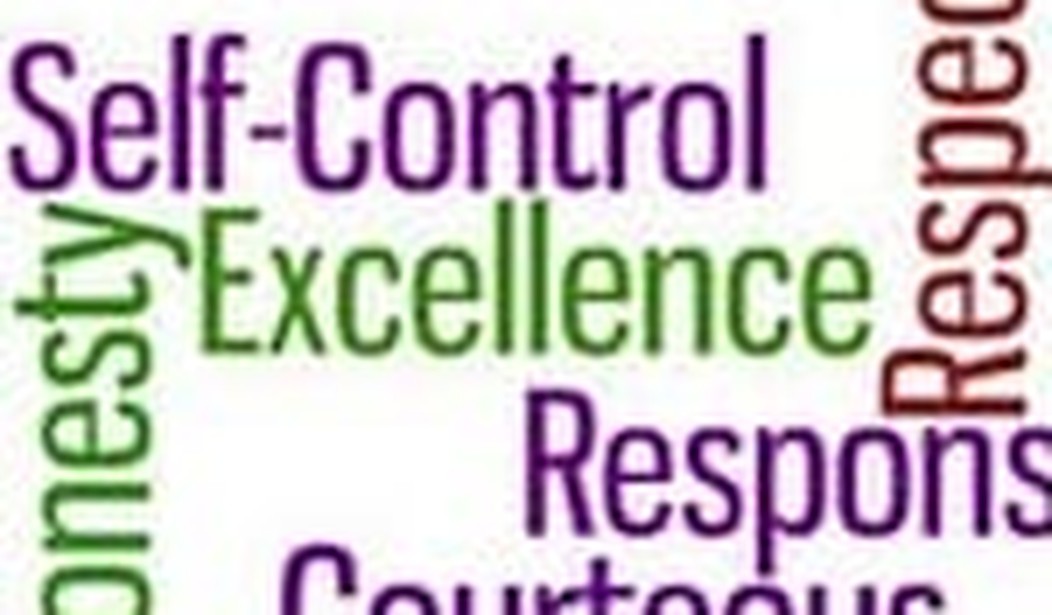Race relations in the United States are good, have never been better, and in all likelihood their future is even brighter. And the key for continued progress is not complicated: don’t discriminate, and don’t screw up.
Martin Luther King, Jr., dreamed of the day that his children would “not be judged by the color of their skin, but by the content of their character.” The first part of that statement gets the most attention these days, but the last part is important, too: isn’t it stating an expectation, a hope even, that we will have standards and that we will judge people by them?
As W.E.B. DuBois wrote in The Souls of Black Folk: “Draw lines of crime, of incompetency, of vice, as tightly and uncompromisingly as you will, for these things must be proscribed.” Again: color line, definitely not — but character standards, definitely.
Or, to look at it another way, for black advancement there is a legal side (the color of your skin should not be an impediment), but also a cultural side (the content of your character mustn’t be an impediment either).
It is ironic — tragic, really — that just as opportunities began dramatically to open up for African Americans in the 1960s, the ability and willingness of too many African Americans to take advantage of those opportunities began to decline, and in particular with the implosion of the black family.
I wrote a column years ago — it is fleshed out in Congressional testimony — about the qualities essential for a multiracial and multiethnic society to work. The context was defining what traits are needed for successful immigrant assimilation, but I made clear that these are traits we should expect for all Americans, even if their families have been here for generations.
The ten traits:
- Don’t disparage anyone else’s race or ethnicity.
- Don’t hold historical grudges.
- Don’t demand anything because of your race or ethnicity.
- Learn to speak English.
- Respect women.
- Be civil.
- Don’t break the law.
- Don’t have children out of wedlock.
- Don’t view working and studying hard as “acting white.”
- Be proud of being an American.
Note that the first three are variations on the don’t-judge-by-skin-color theme. The fourth is not really an issue here.
So: how are we doing on items 5 through 10?
Well, you read them. The answer is “not particularly well,” if we are comparing African Americans with other groups. Higher illegitimacy, higher crime, lower educational achievement.
Most of the items are self-explanatory, but let me elaborate a bit on number 6. Not to sound too Andy Rooney-ish, but why is it that so many young African Americans adopt hoodlum-style dress, demeanor, and music, and then complain that people “profile” them as possible hoodlums? Many go to a lot of trouble to pin a very specific label on themselves, and then are surprised and indignant — and demand our sympathy — when people read it.
This is not the first time this has happened, of course. Teenage boys have always wanted to look tough and menacing, and teenage girls have always wanted to look, um, available. But they want the labels read only by their own cohort, and not by their elders. Sorry, kids, but it doesn’t work that way. Never has, and never will, and it’s not “blaming the victim” to point out that fact.
Consider: in the late 1960s, adolescents would grow their hair long to show their rejection of authority and the war and all that, and then complain when the less enlightened looked askance at them. A popular song back then implored: “We shouldn’t care about the length of his hair.”
Well, why not? If his hair length is intended to be a political statement, then why shouldn’t those who disagree with that statement like him less and those who agree with it like him more?
In sum, and of course, I’m not singling out young African American males here. So let me reiterate that the top-ten list applies to everyone. The trends among whites are not good, either — particularly with regard to illegitimacy.
Bottom line: we shouldn’t use a “disparate impact” approach to civil-rights enforcement as a way to avoid the demands of good character; we shouldn’t use affirmative action, either, because it flies in the face of the dream that people ought not be judged by the color of their skin, that race not be used as a proxy for who we are and what background, experience, or perspective — and especially for what character — we have.
And when it comes to character, we need to be more judgmental, we need to witness more, we need not just to walk the walk but also to talk the talk. We do all that when it comes to condemning discrimination. But it’s also true for criticizing bad character — and, I would add, praising good character.
Also read: Bill Richardson Says Ted Cruz Just Isn’t Really Hispanic








Join the conversation as a VIP Member